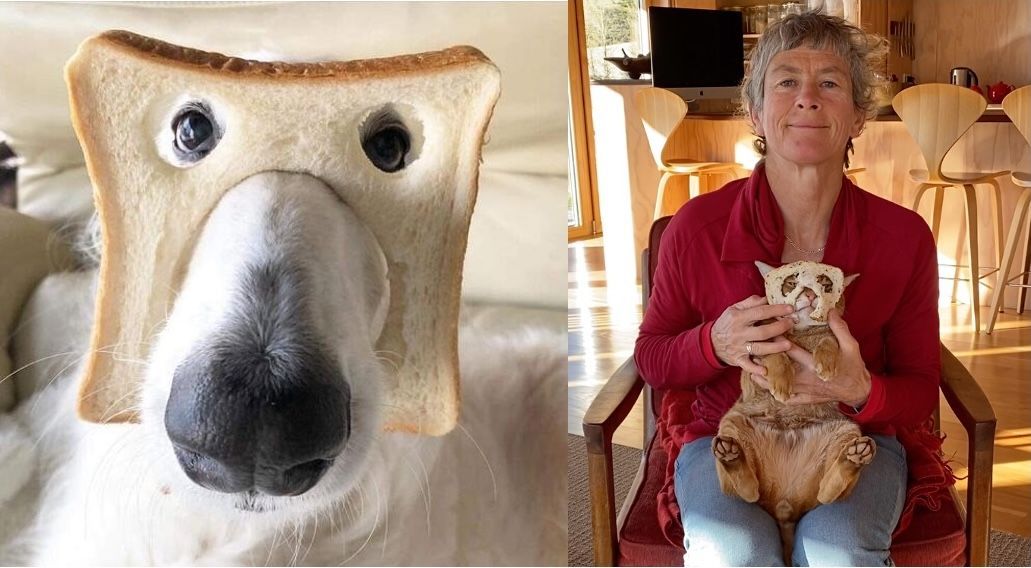Reflections

There’s a major debate in New Zealand this week about a baby whose parents don’t want to receive blood from people vaccinated against COVID-19. This baby urgently needs a heart operation to survive which will involve a blood transfusion. The parents fear the effects that ‘vaccinated blood’ might have on the baby, at some unknown point in their life.
The debate around ‘vaccinated blood’ has shown up the wide divides COVID has created in society, or that society has created around COVID and extrapolated to general ‘freedom’. The baby’s father speaks about ‘freedom of choice‘ regarding donor blood, without apparently recognising there is no infinite freedom of choice in society. Choices, wishes and needs of all the other people in our society constrain our choices. I wonder where he got the idea that infinite choice is possible?
Though it’s clear the baby’s parents are very fearful, I can’t find out exactly what they fear might happen. What do they think are the specific risks of blood from COVID-vaccinated people, as opposed to people with a whole range of other vaccines? They don’t appear to be asking for blood from people who have never been vaccinated. Do they trust the medical system for all vaccinations other than COVID? Why do they trust the system to carry out a major operation on their baby’s heart when they don’t trust the same system to evaluate risks from the blood the baby will receive?
There also appears to be wilful ignorance by the parents, and their community, about how the blood donor system works. Comments suggest people think you can just rock up to the blood service, your blood will be taken and be immediately available – they ask why the parents’ friends can’t just donate ‘unvaccinated blood’. The blood service screens blood for a wide range of potential problems, therefore it has to vet both people and then the blood they donate. Have the parents thought what a blood system might look like if everyone could dictate the type of blood they want – “No male blood for me, thanks,” or “I don’t want blood from people who don’t believe in my God,” or “I only want blood from young people because it will have young cells in it.” In the end, you might need everyone to store up their own blood for themselves … how much health effort would be required to take blood and store it from every person, and to do that annually, because blood storage is for a maximum of a year.
What the un/vaccinated blood debate has reopened in my mind is how the information and commentary around people polarise them. Our thoughts are strongly influenced by what we hear and how often we hear it. Therefore, the community around us hugely determines what we think. This was patently obvious when I was working on my novel, which includes characters both for and against vaccination. To get myself into an antivax headspace, I read a lot of antivax literature and commentary online. I started off strongly pro vaccination, based on the evidence I had gathered to date. However, the more I read, the more I questioned my previous beliefs about vaccines. “Are COVID vaccinations really safe?” I wondered. “Are more people getting cancer since vaccination started? I know lots of people recently diagnosed with cancer.”
I would try to reassure myself – I’m in an age group where slow growing cancers appear, apparently unexpectedly. The lockdowns meant people didn’t get issues checked in the last couple of years, now they are getting problems looked at, therefore there are more diagnoses of disease. I went back to the literature, where there is no evidence that COVID-19 vaccinations do, or could, result in people getting cancer. But the worms of fear permeated my brain and they still do, despite my being a scientist, despite my trying to question everything I am told, despite my checking all the evidence I can find. Fear is sneaky and pervasive and your brain shunts towards what you fear, particularly when other people are reinforcing the fear. I watched my brain change its position as I amassed antivax evidence. It’s sobering to watch your own opinions change as an ‘outside observer’.
There are many conclusions one can draw from this realisation. The weighty one for me is, the more diverse the views of people and information to which you are exposed, the less likely it is that external factors will influence you and the more likely your beliefs and opinions will be determined by internal factors — you have a multiplicity of perspectives from which to choose with no one perspective receiving undue weight.
However, diversity of views is commonly the opposite of what people find comfortable, particularly on matters on which they hold strong beliefs. If we believe something, we want other people around us to confirm it, not contest it. However, what we need is for other people to challenge our position. That’s why I write. Thanks for reading!






